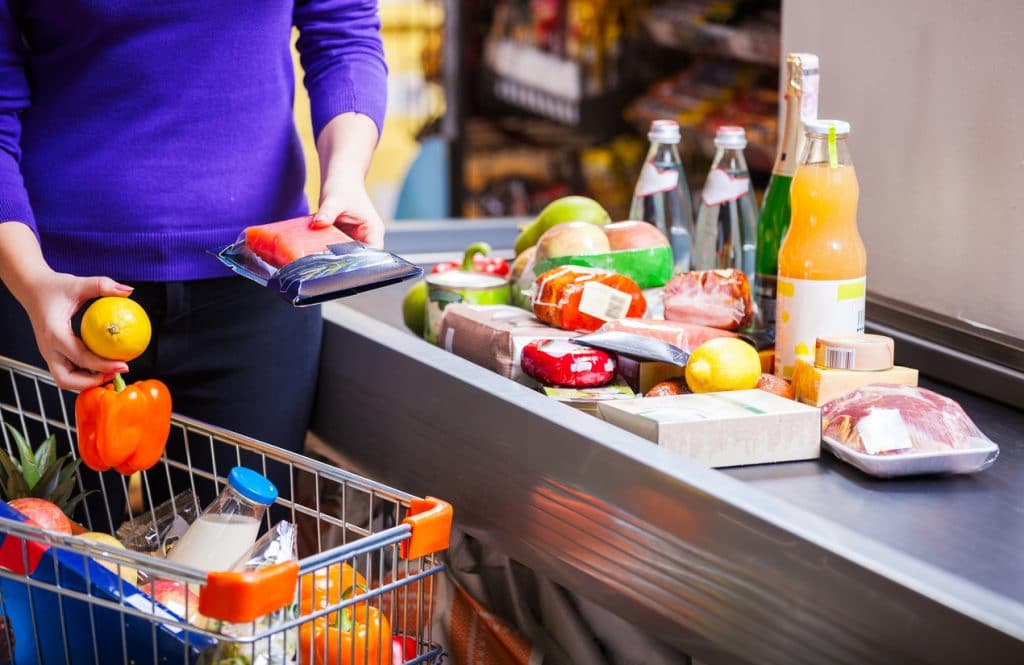
By Carol Clark
10 April 2022
I made a dash to the supermarket one afternoon recently to buy coffee beans for breakfast the next morning. Being in a hurry, I quickly grabbed a credit card and a small shopping bag. Of course, I found other “essential” items so by the time I reached the checkout I had a full bag of goods.
But when I pulled out my card to pay the $41.35 I owed, I found myself handing over a Myki card. “Oh no, I’ve brought my Myki – I can’t believe it,” I exclaimed, wondering aloud whether I could be bothered walking home and back again to pay for the coffee beans and everything else. The young man at the checkout sympathised. “Would you like me to put these aside for you?” he asked as I stood there muttering at my carelessness.
“Excuse me, ma’am,” a voice came from the next checkout as a masked man leant towards me. “Will you let me pay for your shopping?”. Shock quickly replaced my frustration. “Really – you want to pay for my shopping?” “Yes, I would like to,” he replied.
It was such an unexpected gesture, I experienced an inner struggle before I said, “Thank you, that would be wonderful – and amazing!” In a minute he had quietly paid and left.
The two staff on duty stood there shaking their heads and we all agreed that we’d never seen anything like this at a Woollies checkout. It gave me a jolt to be given this gift simply because my checkout neighbour chose to show me kindness. I’ve been pondering and sharing the story ever since.
His action took me back to the parable of Jesus when a Samaritan man stopped and reached out to help someone he was culturally supposed to avoid, as we read in Luke 10. It has an impact when a stranger crosses a boundary to give us the gift of understanding and kindness.
I also remembered Michael Frost’s book, Surprise the World which I read in 2018 with a Parish Renewal group. We were intrigued by his encouragement to Christians to surprise people with their “questionable” lives. These are Christians who intentionally develop habits that make others stop and ask questions: “I don’t know you – why are you helping me?” “Why are you being so kind to me?”.
These habits are not what you might expect. They prepare us to be primed and ready to bless those we come across in our church or community, and then to show hospitality, to listen and learn with them. Practising these habits can lead unexpectedly to faith conversations as people become curious to know more, even before we reach the final habit – being sent.
Opportunities to bless both neighbour and stranger will arise spontaneously. But if we want to surprise people with a taste of God’s kindness, it means slowing down in order to notice the opportunities, especially with those needing extra care and understanding. What a blessing it will be for people to be surprised by kindness from us – by our listening and hospitality – and what a blessing for us when they want to know more of our story.







